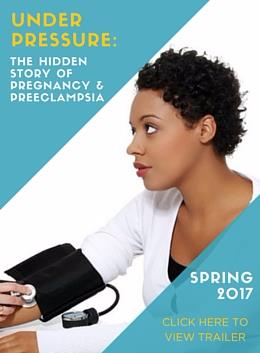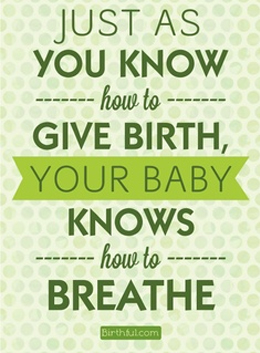Chontel Duncan was recently featured in an article about an issue called pregorexia—the mom was understandly upset to be connected with the eating disorder.
BY ZARA HUSAINI HANAWALT, 6/5/17
FacebookPinterestEmailComments
Chontel Duncan has made a name for herself for staying ridiculously fit throughout pregnancy. But the mom, who is now expecting her second child, has discovered the downside to all that attention: She recently faced some unfair treatment, as the Courier Mail ran an article that connected her to pregorexia, a serious pregnancy-related eating disorder.
Duncan posted an Instagram shot slamming the publication for including a photo of a statement from Duncan in their coverage. To be fair, the publication didn’t accuse the mother of suffering from the issue, but Duncan was understandably humiliated by the association.
“Exercise benefits more then [sic] just a pregnancy, it’s far beyond that but if I have a platform to spread a positive message across the world instead of all the negative that is out there in this world, why wouldn’t I? Instead money hungry papers need to try bring down a mother who is also expecting to make a headline and grab some extra attention and readers,” she wrote. “Shame on them for playing a part in social media trolling/bullying on such a large scale. Can you imagine how you’d feel if a well known paper made a fool of you?”
Here’s the thing: Eating disorders are an incredibly serious health issue, and this whole social media trend of “diagnosing” thin or fit women with them really has to stop. It”s up to medical professionals to assess these issues. Duncan seems like a perfectly healthy woman who works hard at the gym, watches what she eats and just so happens to be genetically slender to boot. Associating her likeness with a serious disease is definitely problematic.
But according to an expert, pregorexia is a real thing that plagues some expectant mothers (and just to be clear, we are in no way suggesting Duncan is one of them!) “Pregorexia [refers to] a pregnant woman who exhibits signs of having an anorexic eating disorder. That’s pretty much what it boils down to: They are very conscious about their caloric intake, they are very adamant about exercising to the point where it’s not healthy,” Kecia Gaither, M.D., a double-board certified OB/GYN, told Fit Pregnancy. “As an OB/GYN, what we would see is the woman doesn’t gain any weight. The worst extreme—and I’ve seen two cases of this—you have fetal growth restriction because the mother is not eating.”
Dr. Gaither maintains that medical professionals should handle cases of pregorexia, which can be multi-factorial (which is to say, it’s not always just about how much weight a woman does or doesn’t gain during pregnancy). Partners can sometimes recognize disordered patterns and suggest seeking medical attention as well, and women who suffer from eating disorders before pregnancy may be more vulnerable. Diagnosing the issue isn’t simple. “I think you would have to get a good history and physical to see if other factors are weighing in,” she said.
It’s no secret that women are constantly being judged, especially on social media. Commenters are quick to say something when they decide a woman is “too big” or “too thin,” and people like Chontel are often victims of body-shaming as a result. But unless you’re a concerned party—a family member or a doctor—you probably should just mind your own business.
“I think as long as a [pregnant] woman is gaining appropriate weight and her baby is acceptable for gestational age, it’s fine for her continue exercise to the extent that her body can take it,” Dr. Gaither said. “It’s incumbent upon all women to take advantage of the fact that prenatal care is readily available and to listen to your doctor’s instructions as to whether you’re gaining weight adequately and your baby is gaining weight adequately.”






